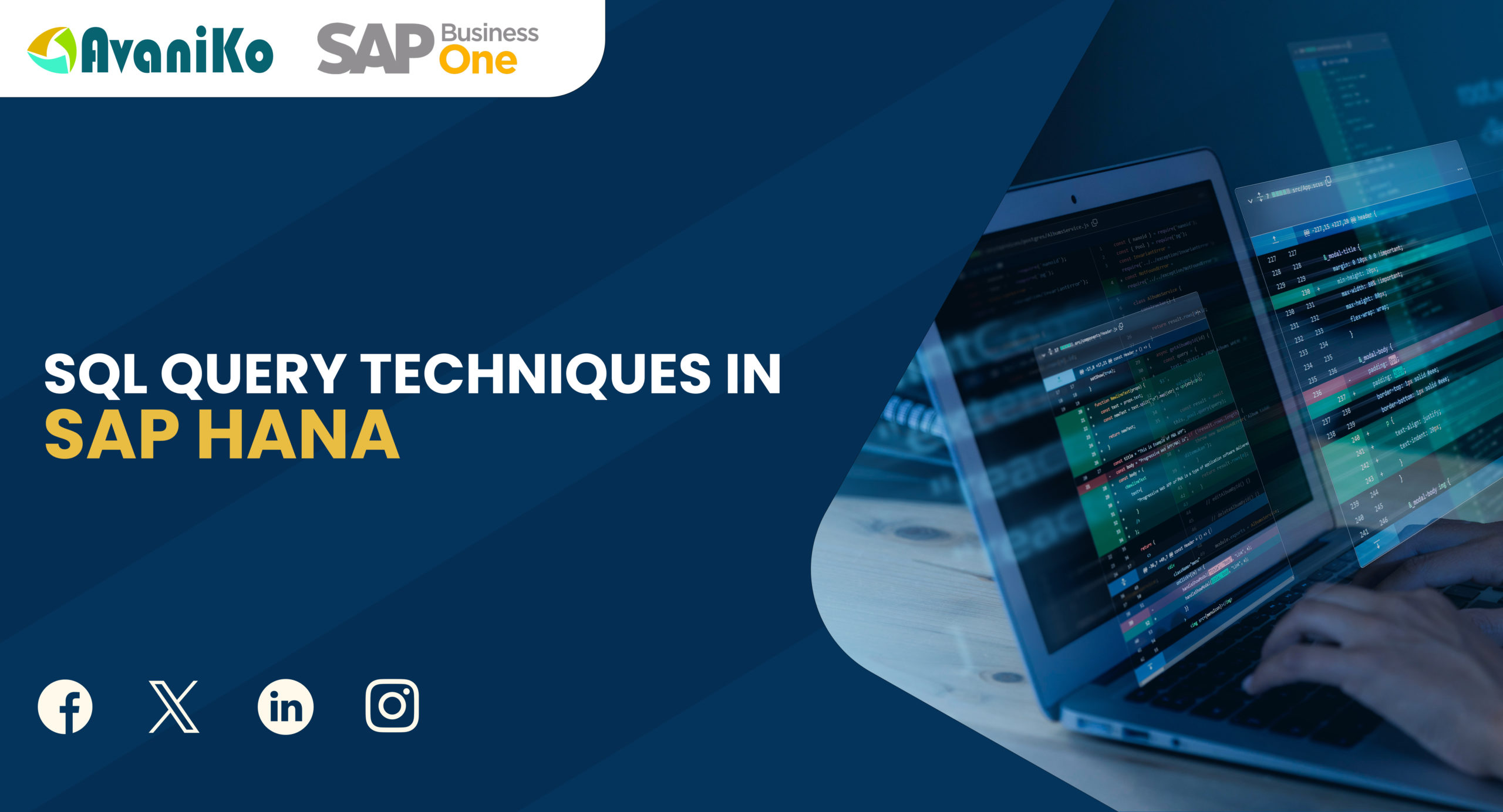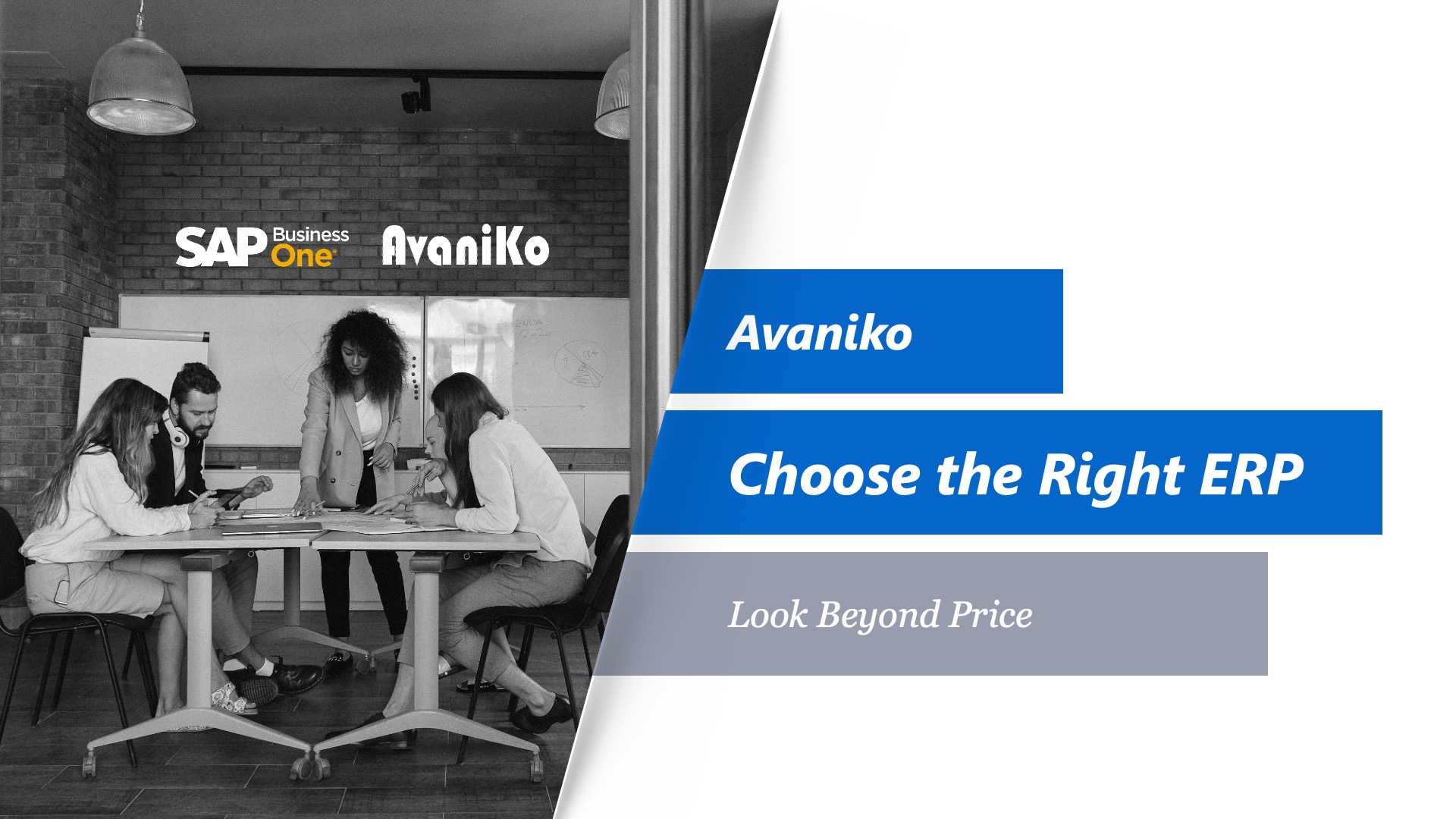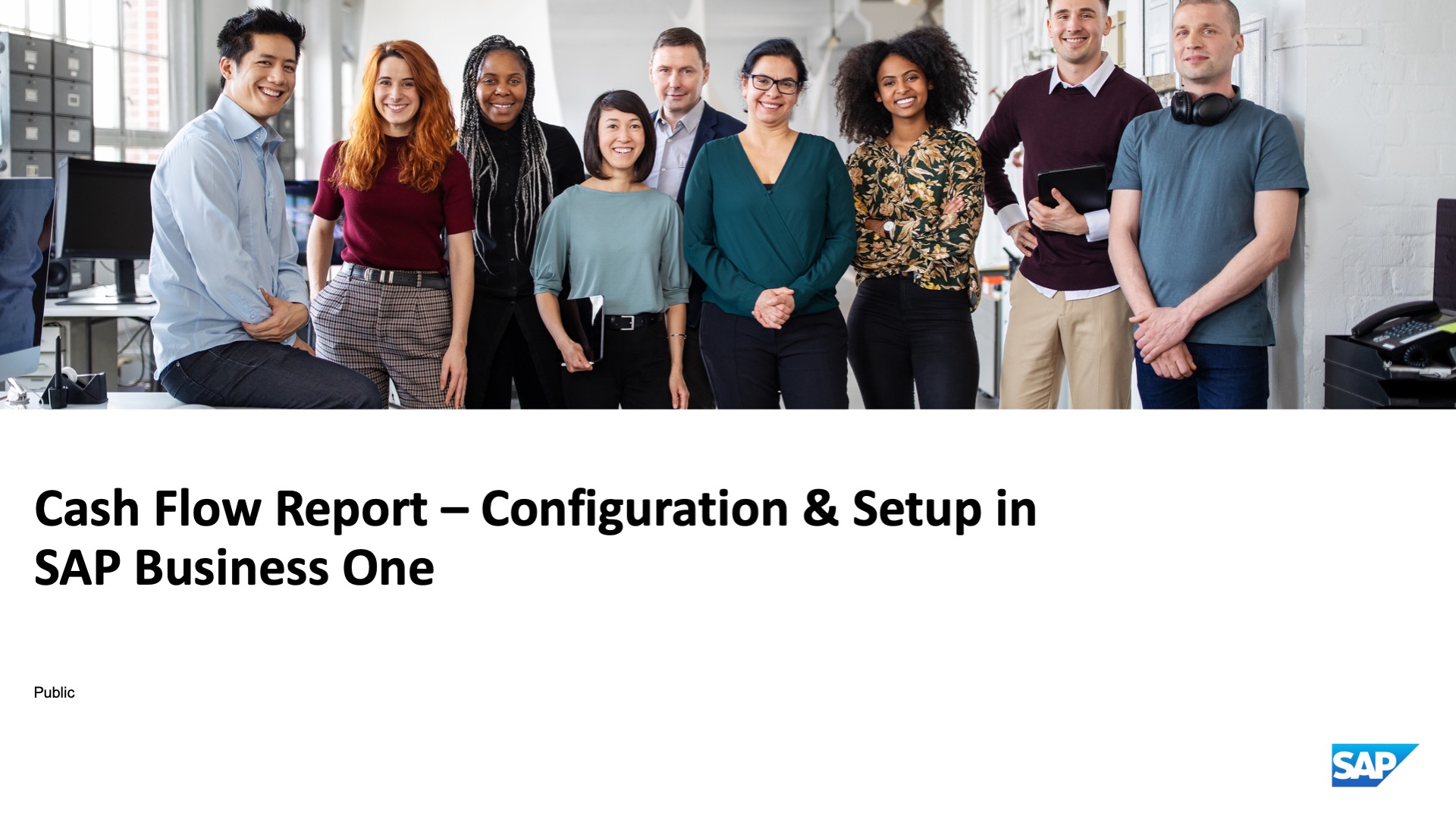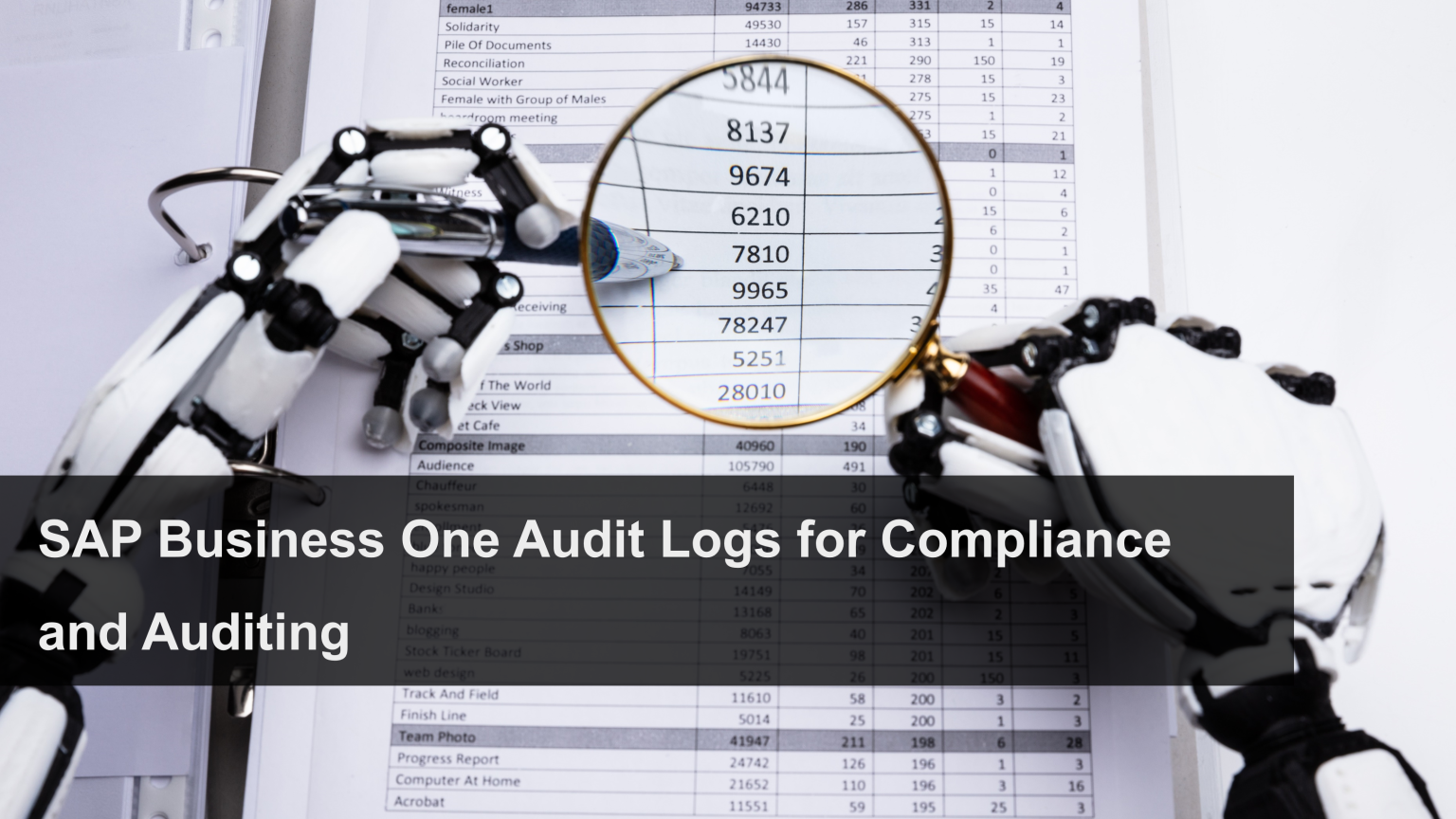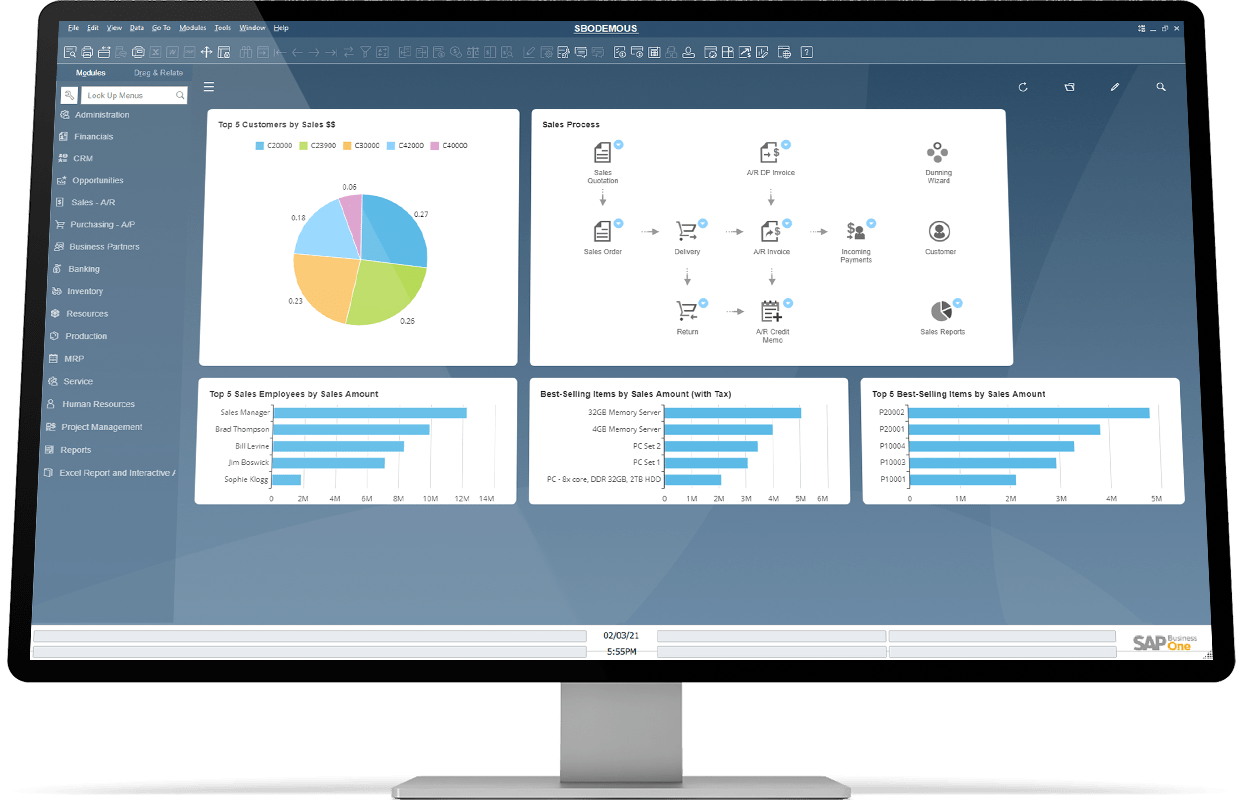The intelligent enterprise is becoming more than a buzzword in the small and midsize business (SMB) industry.
A Forbes report reveals that 48.3% of executives believe that adopting the intelligent enterprise framework can result in trailblazing business models and drive higher efficiency levels. By embracing technology and innovative service paradigms, organizations can generate data-driven insights to harness intellectual capital and gain a sustainable competitive advantage.
Unfortunately, transforming a business into an intelligent enterprise can be challenging with evolving workforce needs, changing customer needs, and volatile supply chain costs. Therefore, organizational leaders must have a solid strategy to address these issues and become a business that can compete with industry titans. This article will look at several ways for SMBs to create sustainable systems and become intelligent enterprises.
1. Define Future Frameworks
The initial and most crucial step towards becoming an intelligent enterprise is accepting challenges or opportunities resulting from upcoming changes. As a business leader, you have to understand why you want to change and create support.
Consider your organization’s future, employees, suppliers, customers, and services, and determine how you can improve your processes.
Outline a framework in which you define future transformation goals and determine how your employees and technology can help you achieve them.
This allows you to map out small yet innovative initiatives that can contribute to working smarter. By creating initiatives, you can develop a broader framework that will deliver higher chances of success in both the short and long term.
2. Get Everyone on the Same Page
SMBs differ in several ways, but a successful, intelligent enterprise all share the same three pillars:
- improving customer interactions,
- employee experiences, and
- business processes.
Thus, business leaders should get everyone on the same page to initiate changes proactively and remain future-proof. One way of doing that is to center future frameworks and processes on customers and employees.
As the pandemic transforms employees’ and customers’ lives, organizations need to put customers and employees at the center of their business processes to stay ahead of the competition and reduce turnover rates.
It would help if you also understood what are the core principles that make integration a key cornerstone for an intelligent enterprise to merge seamlessly and meet high customer expectations immediately.
Chain integration is a vital component of your future frameworks as it can connect employees, digital processes, and data to multiple departments to work together and deliver better experiences.
3. Establish Digital Platform
Establishing a functional digital platform is the foundation of an intelligent enterprise. As more organizations deal with a truckload of complicated data by unique storage systems, leaping towards becoming an intelligent enterprise can be tricky. After all, it can be challenging to take the next step when you are struggling to organize through sprawling information stored in different systems.
A strategic approach to combat this data challenge is establishing a robust digital platform that centralizes your data processing and evaluates data instantly to unlock previously hidden insights.
This SAP strategy delivers the intelligent enterprise with the ability to solve even the most complex business issues while simultaneously enabling them to perform advanced analytics efficiently.
It can also supply intelligent organizations with all the tools they need to handle and unify processes and data systems, allowing them to adapt to evolving technology and business conditions continuously.
4. Take Advantage of Artificial Intelligence
Using emerging technologies like artificial intelligence (AI) is a crucial aspect of becoming an intelligent enterprise. AI for small businesses empowers your workforce to use data to achieve goals quicker and with less risk through integration, automation, and better cognition.
The advantage of AI is that it can automate vast volumes of structured and unstructured data and provide you with immediate insights that can shape business outcomes.
AI can also solve a need that previous analytics could not, thanks to its ability to generate new opportunities to extract information. The transformation to an intelligent enterprise often involves shifting from data gathering and simple evaluation to using increased insights throughout the supply chain and advanced automation to improve business capabilities.
With AI’s help, you can create a data-driven and agile organization where processes and procedures are modernized at a reduced cost to provide better customer experiences.
5. Use ERP Software Solutions
Taking advantage of an intelligent suite of apps like enterprise resource planning (ERP) is vital in helping SMBs handle all business areas, including travel and expense, finances, supply chain, staff, and customer experience. A dynamic ERP system empowers businesses to convert real-time organization-wide data into actionable insights that can result in more informed and quicker decision-making.
As seismic business changes increase, organizations have to be agile to meet these industry demands to deliver superior customer and workforce experiences consistently.
With an ERP, you can enable automation of business processes and use intelligence-embedded applications to better interact with employees, customers, and stakeholders while promoting efficient and collaborative working. It is, however, important that you pick that right solution since going for alternate and low-priced platforms is often among the reasons ERP implementations fail.
You can check FinancesOnline examples of ERP software solutions to find a platform that can fit your operations and deliver the most bang for your buck.
Becoming an Intelligent Enterprise
Transforming SMBs into intelligent enterprises involves several processes, and it’s easy to get lost in the details. Therefore, business leaders need to use software solutions like ERP platforms to ease the process and provide an intuitive and consistent experience. One of the organizations that can help you with that is Avaniko.
Avaniko is a leading global SAP Business One partner that empowers businesses to implement the most suitable ERP solutions that fit their unique needs. It offers several offerings and services designed for numerous verticals, including distribution, retail, manufacturing, automotive, food production, professional services, and restaurants. Contact the vendor to find out more about these offerings and their prices.

